Als Sozialunternehmen befähigen wir Menschen durch nachhaltige Energielösungen zu mehr Selbstbestimmung und Wachstum.
WE DO.
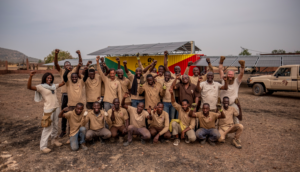
Wir befähigen Menschen zu mehr Selbstbestimmung und Wachstum durch nachhaltige Energielösungen.
WE DO.
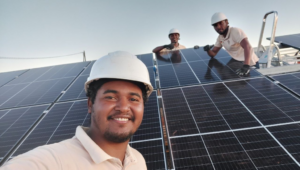
In unserem ganzheitlichen und autarken System, der ImpactSite werden nachhaltige Stromproduktion, Kühlung, Wasseraufbereitung und Kommunikation smart miteinander vernetzt, um Menschen zu empowern.
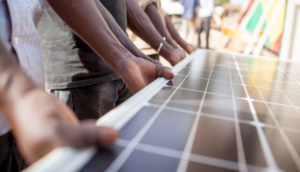
Mit unseren ImpactProducts machen wir die Nutzung von Strom nicht nur viel effizienter, sondern erzielen auch einen nachhaltigen und ganzheitlichen Impact für unsere Kunden und das Klima.
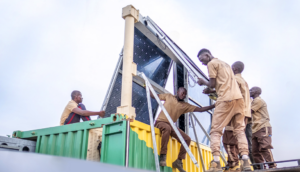
Mit dem Solartainer setzen wir auf Solarenergie, eine nachhaltige und zugleich die logischste Energiequelle Afrikas. Wir haben zwei verschiedene containerisierte Systeme entwickelt.
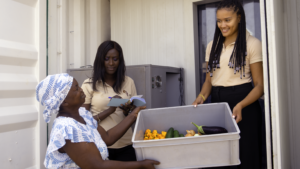
Mit dem Cooltainer minimieren wir das Verderben von Lebensmitteln und bieten neue Möglichkeiten für den Lebensmittelvertrieb.
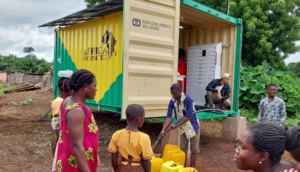
Der solarbetriebene Watertainer ist ein containerisiertes Wasserreinigungssystem für alle gängigen Wasserquellen.
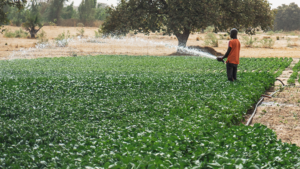
Wir unterstützen afrikanische Landwirte mit unseren solarbetriebenen, innovativen und hocheffizienten Bohrlochpumpen.
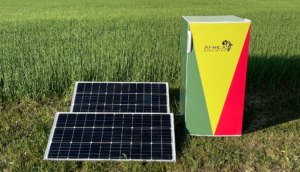
Wir haben einen innovativen und effizienten Kühlschrank entwickelt, der speziell für den Betrieb mit Solarstrom ausgelegt ist.
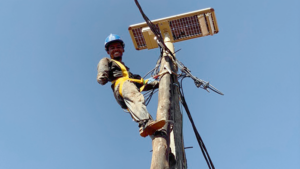
Solarbetriebene Straßenbeleuchtung für sichere Communities.
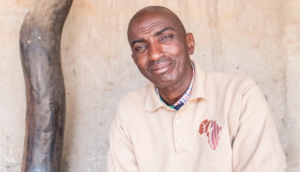
Unsere Mitarbeiter und Vertriebspartner in den jeweiligen Ländern geben dir Auskunft darüber, welche ImpactProducts in welchem Land zu welchen Konditionen verfügbar sind.
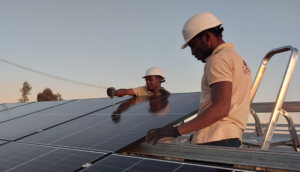
Wir bieten Gewerbe- und Industriekunden individuell zugeschnittene Solaranlagen an, um ihr Geschäft nachhaltiger und skalierbarer zu machen.
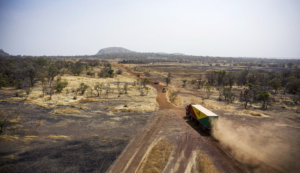
Als Sozialunternehmen verbinden wir ökologische und soziale Ziele mit Rendite. Wir bieten dir als privater oder institutioneller Anleger an, in Afrika und Erneuerbare Energien zu investieren. SEI DABEI.
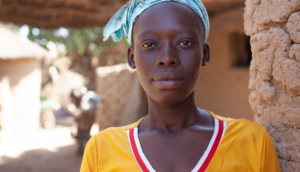
Entdecke, wie sich das Leben unserer Kunden in Afrika verändert – Storys über Menschen, Impact, Innovation, Investment und Sinn.
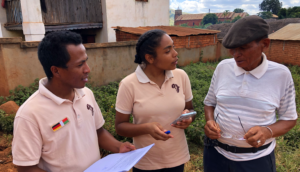
Wir sind wirkungsorientiert – Strom als Hauptantrieb für nachhaltige Entwicklung. Mit unserem Impact Management System liefern wir zuverlässige Daten zur Entwicklung der SDGs, um unsere Wirkung zu messen.

Als Sozialunternehmen befähigen wir Menschen durch nachhaltige Energielösungen zu mehr Selbstbestimmung und Wachstum.
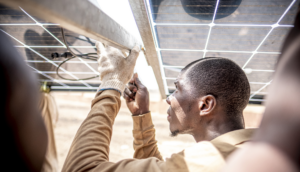
Die wichtigsten Faktoren für den Erfolg unserer Arbeit sind die Erfahrung vor Ort und wie wir unsere Projekte in den Communities umsetzen.
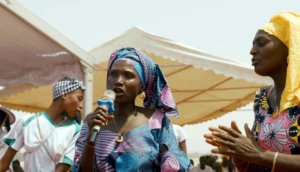
Presseartikel, Videoreportagen, Radioshows, Podcasts und Beiträge über unsere Projekte, Unternehmensziele und -visionen – findest du hier.
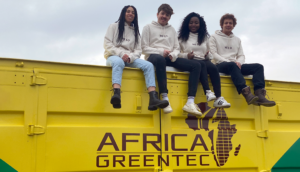
Du möchtest mit deinem Job positiven Impact erzielen? In einem internationalen Team arbeiten? Und deine Talente und Interessen für eine klimagerechte Zukunft einsetzen? Dann bewirb dich bei uns!

Das Team in Deutschland unterstützt unsere Ländergesellschaften in den Bereichen Finanzakquise, Crowdfunding und Produktentwicklung.
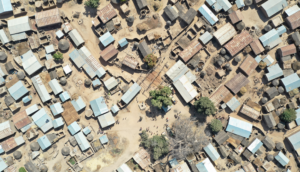
Unsere Landesgesellschaft AGT Mali wurde im August 2017 gegründet. Der Hauptsitz der Landesgesellschaft befindet sich in der Hauptstadt Bamako.
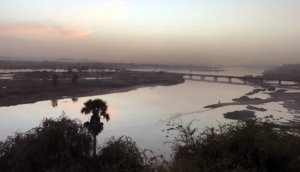
Unsere Landesgesellschaft AGT Niger wurde im August 2016 gegründet. Der Hauptsitz der Landesgesellschaft befindet sich in der Hauptstadt Niamey.
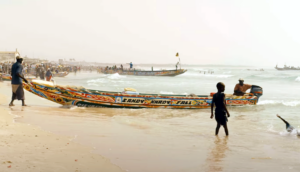
Unsere Landesgesellschaft AGT Senegal wurde im Januar 2021 gegründet. Der Hauptsitz der Landesgesellschaft befindet sich in der Hauptstadt Dakar.
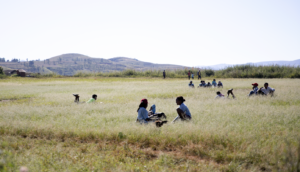
Unsere Landesgesellschaft AGT Madagascar wurde im April 2021 gegründet. Der Hauptsitz der Landesgesellschaft befindet sich in der Hauptstadt Antananarivo.
Du möchtest über unsere Projekte auf dem Laufenden bleiben?
Dann melde dich zu unserem Impact Newsletter an.
Vielen Dank für deine Anmeldung.